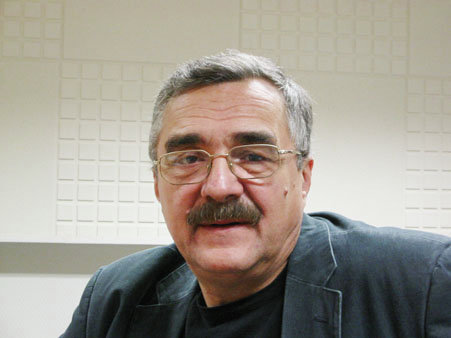Baku, Azerbaijan, May 26
Trend:
Moscow's optimism stems from the fact that negotiators felt the readiness of the parties of the Nagorno-Karabakh conflict to find ways to move the negotiation process from the dead point, Deputy Chairman of the Institute of CIS Vladimir Jarikhin told Trend.
He made the remarks commenting on the results of the meeting of the foreign ministers of Russia and Azerbaijan in Moscow on May 25.
The main theme of the talks held on May 25 by the foreign ministers of Azerbaijan and Russia Elmar Mammadyarov and Sergey Lavrov, was absolutely clear desire of the Russian Federation "to move the Armenian-Azerbaijani Nagorno-Karabakh conflict from the dead point," head of the foreign ministry of Azerbaijan said in an interview with Russia 24 TV channel.
.
"Moscow's optimism probably stems from the readiness of the parties of the conflict to take certain steps to resolve this problem," said Jarikhin. "Political will, the political willingness of the parties of the conflict to progress is needed in order to solve it, and, apparently, now, perhaps too slowly, but the political elite of both parties starts to show it."
There are certain prerequisites for promoting the settlement of this conflict, however, these prerequisites will unlikely lead to a momentary solution, according to the expert.
Moscow has always been very interested in the settlement of the Nagorno-Karabakh conflict, since it supports friendly relations both with Azerbaijan and Armenia, said the expert.
Namely Russia has played a role of an active mediator for several years in the negotiations of the presidents of the conflicting sides, he added.
Moreover, Moscow actively works as a co-chairing country of OSCE Minsk Group by finding the common positions of all co-chairing countries, which by the way, do not fully reflect the interests of Moscow itself, the expert said.
The conflict between the two South Caucasus countries began in 1988 when Armenia made territorial claims against Azerbaijan. As a result of the ensuing war, in 1992 Armenian armed forces occupied 20 percent of Azerbaijan, including the Nagorno-Karabakh region and seven surrounding districts.
The two countries signed a ceasefire agreement in 1994. The co-chairs of the OSCE Minsk Group, Russia, France and the US are currently holding peace negotiations.
Armenia has not yet implemented the UN Security Council's four resolutions on the liberation of the Nagorno-Karabakh and the surrounding regions.
Edited by CN
---
Follow the author on Twitter @EmmaTariver






